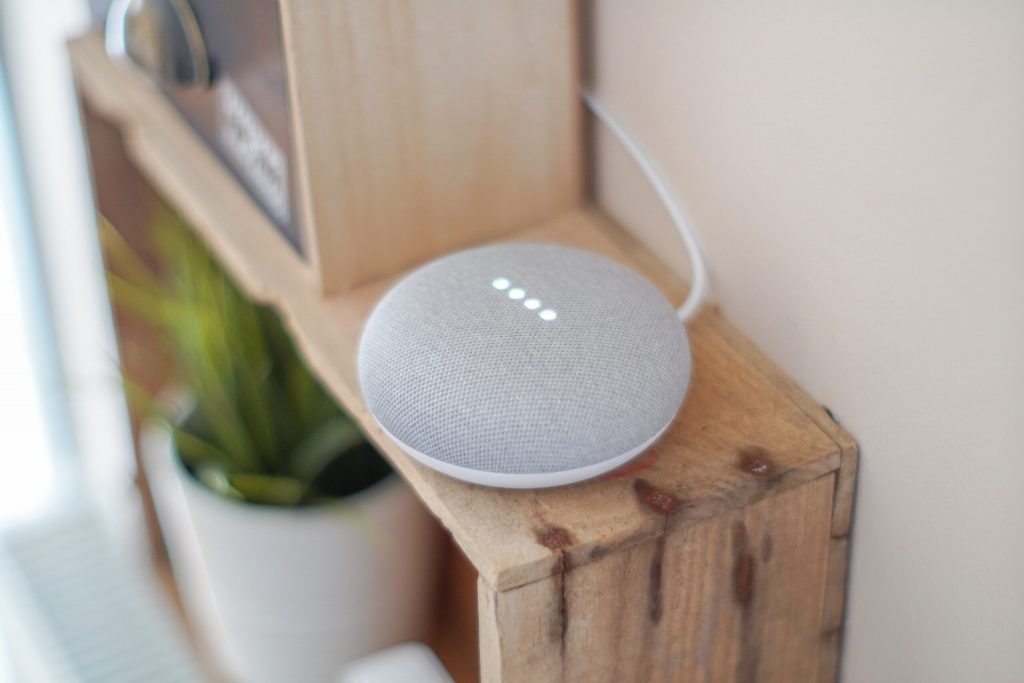Public Wi-Fi is everywhere – cafés, airports, hotels, and trains all offer free internet access, making it incredibly convenient for business travellers and remote workers. But while it’s easy to connect, it’s just as easy for cyber criminals to exploit these networks and steal sensitive business data.
If you use public Wi-Fi without the right precautions, you could be exposing yourself and your company to serious security threats. The two biggest dangers? Man-in-the-Middle (MITM) attacks and Evil Twin attacks.
These may sound like something from a cyber-thriller, but they’re real, and they can have devastating consequences for businesses. Let’s take a closer look at how they work – and how you can stay protected.

Man-in-the-Middle (MITM) Attacks
Picture this: You’re sitting in a coffee shop, checking your emails or logging into your business bank account over public Wi-Fi. You assume your device is communicating directly with the network, but in reality, a hacker has inserted themselves between you and the internet connection.
This is a Man-in-the-Middle (MITM) attack – a cyber criminal intercepts your data as it travels between your device and the Wi-Fi network. Without your knowledge, they can monitor everything you do online, including:
- Passwords
- Emails and messages
- Credit card details
- Business documents and confidential files
Once they’ve stolen this data, hackers can:
- Sell your information to advertisers or on the dark web.
- Use it for phishing scams to impersonate you or your business.
- Gain access to company accounts, leading to financial losses and data breaches.
And the worst part? You won’t even realise it’s happening.
Evil Twin Attacks
Now imagine you’re at an airport and you see two available Wi-Fi networks:
- Airport Free Wi-Fi
- Airport Wi-Fi Secure
They both look legitimate, but one could be an Evil Twin – a fake Wi-Fi network set up by cyber criminals. If you unknowingly connect to the fraudulent network, the attacker can:
- Monitor all of your online activity in real-time.
- Steal your cookies (which store login details) and gain access to your accounts.
- Install malware on your device without you clicking anything.
Just by connecting to the wrong network, your personal and business data could be compromised in seconds.
How to Keep Your Business Safe on Public Wi-Fi
Using public Wi-Fi doesn’t have to be a security risk – if you take the right precautions. Here are some simple but effective steps to protect your business from cyber threats:
- Avoid Accessing Sensitive Information: Never log in to business accounts, banking sites, or other sensitive platforms while on public Wi-Fi. If you wouldn’t want a stranger looking over your shoulder, save it for when you’re on a secure network.
- Stick to HTTPS Websites: Ensure that any website you visit uses HTTPS (look for the padlock symbol in the address bar). This encrypts your data, making it harder for hackers to intercept.
- Use a VPN (Virtual Private Network): A VPN encrypts your internet traffic, making it unreadable to hackers – even if you’re on an unsecured Wi-Fi network. This is one of the most effective ways to protect your data.
- Disable Auto-Join for Public Networks: Turn off the setting that automatically connects your device to open Wi-Fi networks. This prevents your phone, tablet, or laptop from unknowingly connecting to a malicious hotspot.
- Be Cautious with Pop-ups and Links: Cyber criminals use fake pop-ups and malicious links to trick you into downloading malware. If something looks suspicious, don’t click – just close the window.
- Enable Two-Factor Authentication (2FA): For business accounts, always enable two-factor authentication (2FA). Even if a hacker steals your password, they won’t be able to access your account without the second authentication step.
- Keep Your Software Updated: Regularly updating your devices ensures you have the latest security patches. Outdated software is an easy target for cyber criminals.
Final Thoughts: Is Free Wi-Fi Worth the Risk?
Public Wi-Fi is convenient, but the risks are real. Cyber criminals are constantly finding new ways to exploit unsecured networks, putting your business data at risk.
Before you connect to free Wi-Fi, ask yourself: Is it worth the risk? If you must use public Wi-Fi, take the necessary precautions to stay secure.
Want expert help keeping your business data protected, no matter where you are? Get in touch today to learn how we can strengthen your cyber security.

